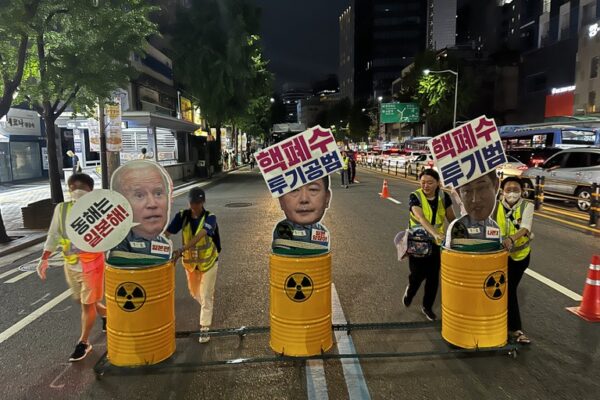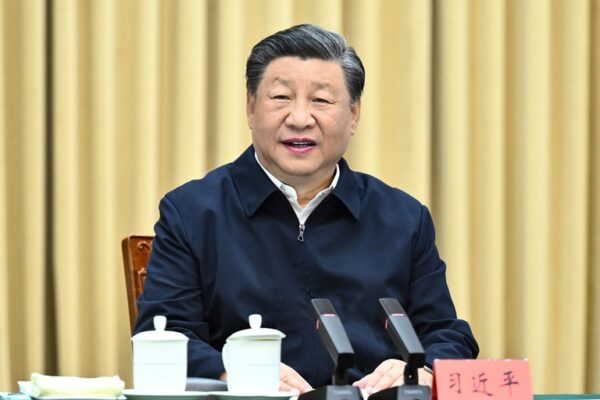Myanmar’s United Wa State Army deports alleged Chinese scammers
Myanmar’s rebel United Wa State Army has captured more than 1,000 people it said were working for online fraud gangs and handed them over to Chinese police at Shan state’s border with China, a Wa Liaison Office representative told Radio Free Asia on Friday. The officer, Nyi Rang, said – with the assistance of the Chinese police – the ethnic army carried out two days of raids on Wednesday and Thursday and deported those arrested immediately. He said they were all Chinese nationals. The United Wa State Army controls Shan state’s Special Administrative Region, known as Wa state. It has an estimated 30,000 soldiers and maintains close ties with China. RFA Burmese called junta Deputy Information Officer Maj. Gen. Zaw Min Tun to confirm the reports but nobody answered. RFA also sent an email to the Chinese Embassy in Yangon but had not received a reply as of Friday evening local time. China’s Ministry of Public Security said Myanmar transferred 1,207 suspects including 41 fugitives to China, the official Xinhua news agency reported. Scammers are known to operate in the Special Administrative Region, luring Burmese and foreign nationals with offers of fake jobs, then forcing them to use Facebook and Telegram accounts to defraud people with fake cryptocurrency deals and other scams, as well as laundering money. A resident of Mong Pauk town, 10 kilometers (6 miles) from the border with China, said he witnessed the arrested being taken away. “I saw that the arrested were taken in six military trucks yesterday. And more than 100 were caught today,” said the local who didn’t want to be named for fear of reprisals. “They all are fraudsters. The arrested Chinese citizens are being sent [to China] at the border gates in Panghsang [Pangkam].” Some people posted photos and videos on Facebook and TikTok showing hundreds of police leading away groups of men and some women and taking them to the border. RFA has not verified the images. One Mong Pauk resident who works in labor affairs urged people to try to get their children back from the scam centers. “Right now, families need to contact their children who have been sold to money laundering gangs as soon as possible,” the person said. “I also want to encourage parents to call their children if they know where they have been sold.” Residents said fraud gangs are operating in United Wa State Army controlled areas of the region, including Pangkam and Mong Pauk towns, along with Laukkaing and Chinshwehaw in northern Shan state, as well as Shwe Kokko in Kayin state. On Aug. 26, the Chinese Embassy in Yangon said Myanmar police had handed over 24 Chinese nationals, including the leader of an online fraud gang. Hundreds of thousands of people in Southeast Asian countries, including Myanmar are being threatened and tortured by criminal gangs and forced into online scams, according to a U.N. report released on August 29. It said that over 120,000 people in Myanmar and 100,000 people in Cambodia are being forced to commit financial fraud online. These gangs are active in the border areas of countries with political and military conflicts, the U.N. said. Translated by RFA Burmese. Edited by Mike Firn and Elaine Chan.




